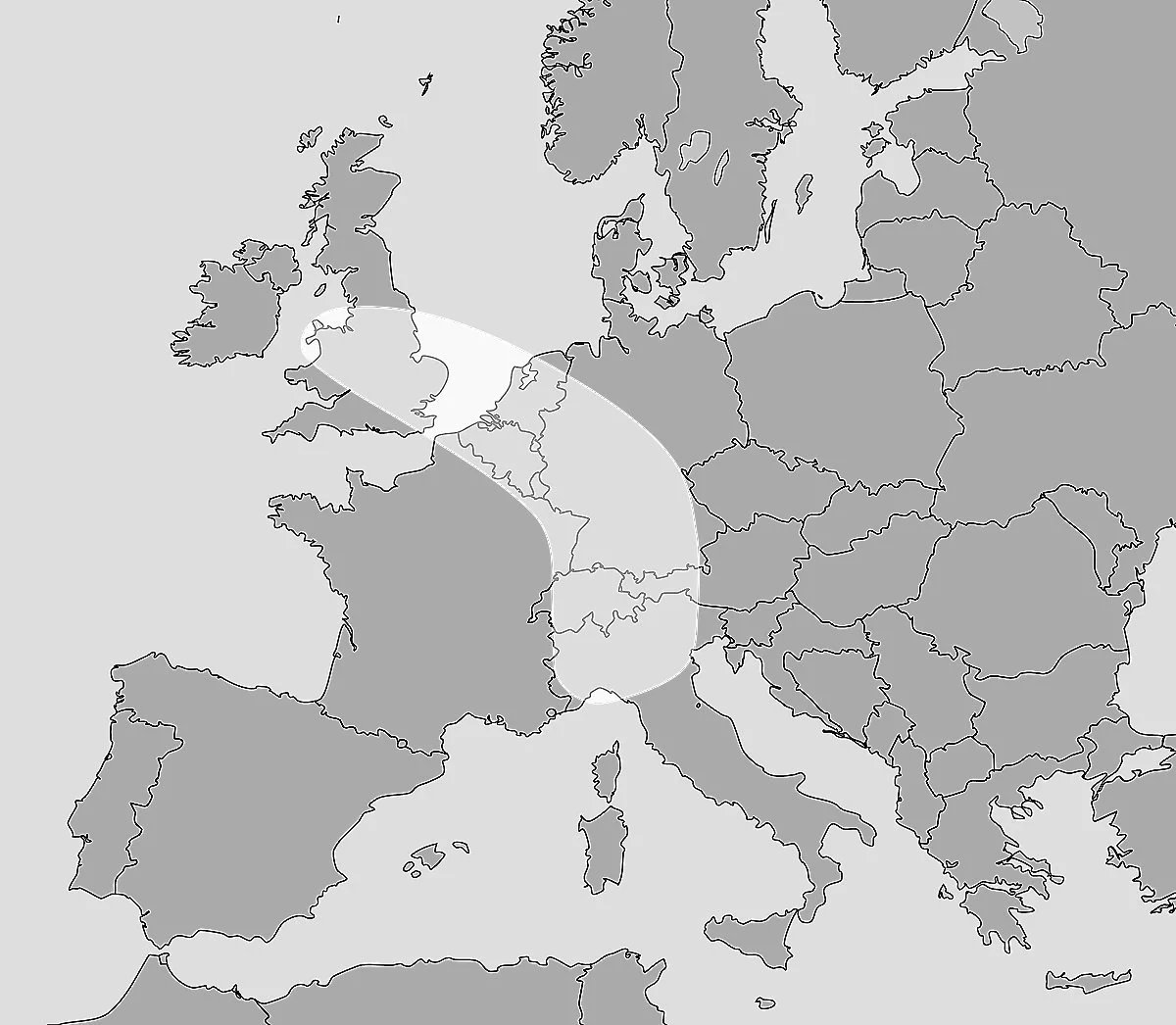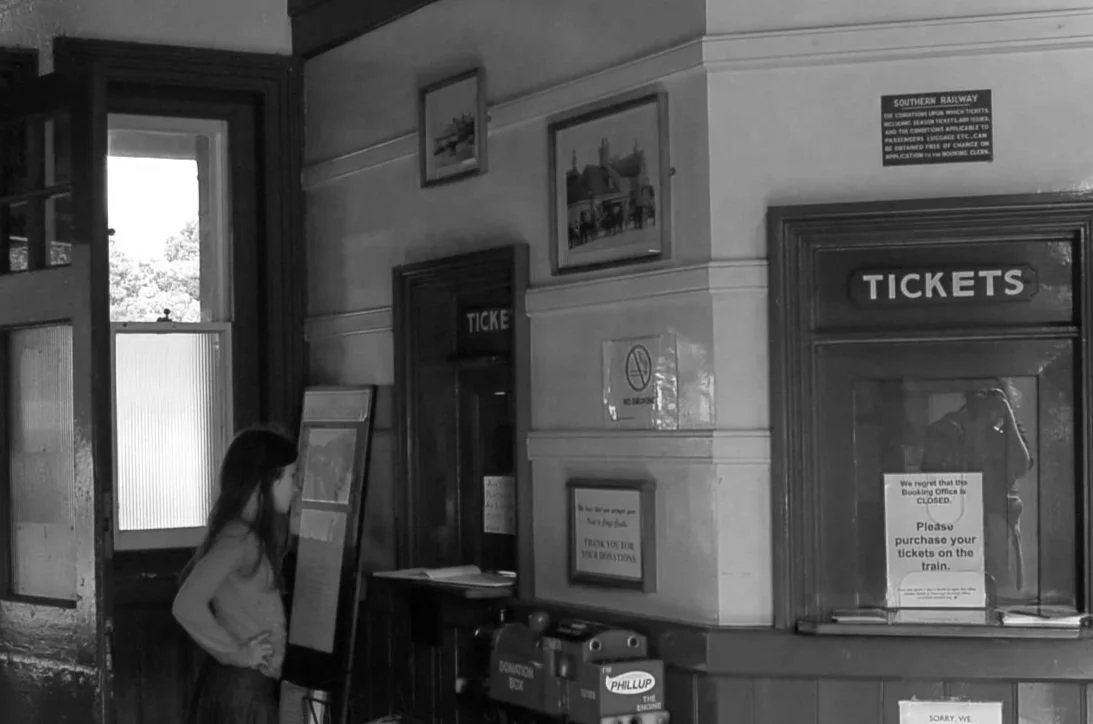A blog about changemaking in transport
Place, Timetable, Project - not the other way round
We plan transport by starting with a project, then writing a timetable and finally (if at all) considering the place being served.
To get better outcomes, we need to reverse it.
20th Century Transport Planning Failed. It’s Time To Do Something Different
20th century transport planning left us with a worse public transport network than we started with.
That’s true in many countries, but it’s now time to change how we plan.
Should we cut fares?
We all wish transport fares were lower. Obviously - many of us pay them. But that doesn’t mean they should actually be lower. In today’s post, I argue that - overall - lower fares will simply result in lower investment and a worse service. Which is bad for the people we’re trying to help.
What Do I Do?
For my first blog post of 2026, I’m going to lift the veil on everything I spent 2025 doing - when I wasn’t blogging or podcasting.
2025: A year In Review
A lot has happened in 2025!
Here’s my review of the year as experienced through my blog and podcast.
“Advisers Advise and Ministers Decide” is Unhelpful - and Plain Wrong
"Advisers advise and ministers decide!" It's said constantly. And it's just plain wrong.
Today's blog post is about how the culture of the civil service drifted so far from other organisations, and why the commonly-held belief that it inherently needs to be different is just wrong.
It explains how modern central Government culture is all based on a decades-old misunderstanding of a court case about a wartime food factory in Liverpool.
Cheap Flights Cost Too Much: How to Make Flying Fair
There are too many tourists. It’s destroying both places and the planet. It’s time for a Frequent Flyer Levy.
Budget 2025 - Review
My review of the 2025 Budget Statement.
In summary… there’s not much there, and a lot of missed potential (especially fiscal devolution to cities) BUT…
… the EV per mile charge could just be the trojan horse to something genuinely exciting.
Why Free Public Transport is a Bad Idea
Free public transport must be a great idea, right?
It’ll get people out of their cars and helps low income families with the cost of living.
I hate to be a party pooper, but it’s a thoroughly bad idea.
Here’s why.
What Does “Integration” Mean - Part Two
Integrated transport is for customers, but do you need an integrated transport authority to deliver integrated transport?
Today’s blog post is about what integrated transport means at an organisational level.
What Does “Integration” Mean? - Part One
We all know that “integrated” transport is important, but what exactly is it?
How do we define good integration and how do we know when we’ve got it?
Is Public Transport the Secret of the Blue Banana?
What makes this region one of the most economically productive on earth?
Public transport, of course.
Complexity isn’t the issue with train fares
There is a consensus that rail fares are too complex.
There is a lot of truth to this but it’s nuanced.
It’s very important we understand this nuance otherwise we’re in danger of fixing the wrong things.
The problem isn’t exactly complexity, the problems are cognitive effort, jeopardy and arbitrariness.
Let me explain by means of a visit to Boots.
The Railway Needs More Money. Here’s how It Can Get It
The railway costs too much. But there are opportunities to earn more revenue by focusing on how customers actually behave.
TV Review: Yes Minister, The Bed of Nails
The transport episode of Yes Minister is only one year younger than I am. Yet nothing has changed…
Here’s a my first Freewheeling TV Review.
Big Ideas in Mini Switzerland
How can we grow the transport network in the UK? By making better use of what we already have.
Let’s learn from the Swiss and prove it in the Peak District.
I believe in a place called Hope
Motornormativity in Tech: Coding Car Culture into All Our Futures - part 2
Europe might be learning the lessons of car-dependence but the future is still being built in Silicon Valley. From AI to autonomous vehicles, we’re coding car-first thinking into the systems that will shape tomorrow.
Motornormativity in Tech - part One
We’ve accepted the car as normal, and everything else as the exception? It’s called Motornormativity.
Today’s post talks about how we got here and the consequences.
Empowerment is essential to innovation
What's the biggest obstacle to high quality services in our country?
It's may not be fair to say the Daily Mail but it is the Daily Mail Test.
Organisations are so scared something will go wrong that they suffocate their people in controls and rules.
Public Transport in the Attention Economy: The Battle for Eyeballs and Interfaces
Public transport isn’t just about competing with cars: it’s competing in the attention economy.
We need to upskill.




















